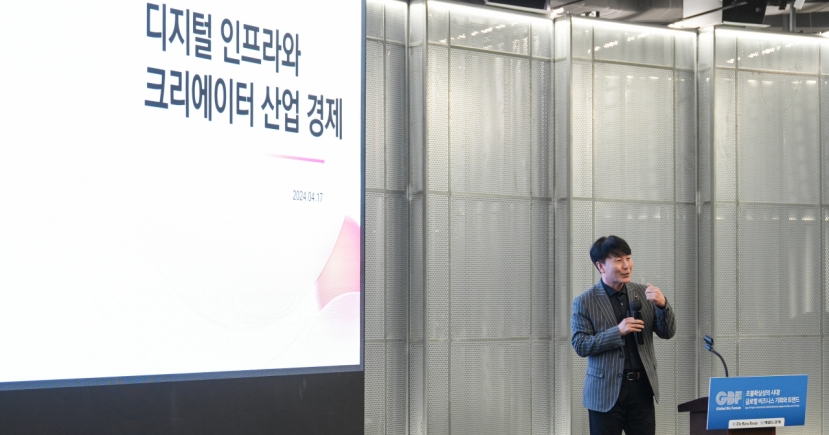Market Now
Korea’s coal power plants to lose profitability before lifetimes end: study
 |
A hazy skyline of Seoul (Yonhap) |
No coal power plant in South Korea will be profitable by the end of its expected lifetime -- 30 years on average -- a study showed April 21.
An increase in renewable energy penetration in Korea and the newly introduced greenhouse gas emission cap system here are expected to trigger a significant decrease in coal power plant capacity factors, according to a report titled “End in sight: How South Korea can force coal offline by 2028.”
The analysis also showed that most operating coal power plants will become uneconomical between 2030 and 2035, and the plants expected to be decommissioned between 2031 and 2035 will become unprofitable earlier, starting in 2025.
New coal power plants are no exception. Seven new coal power plants under construction via four projects -- including the now-suspended Samcheok Blue Power project -- will become unprofitable in the same way between 2035 and 2040.
“It will be difficult for new coal power plants to be financially afloat for more than 15 years after their commissioning dates, which will significantly undermine the possibility of investment recovery,” read the report.
The study also indicated that a coal phaseout by 2028 is the most economical option for Korea. Otherwise, the country’s prolonged reliance on coal power could end up placing a financial burden on electricity consumers.
“Even under current regulations, almost all coal power plants will soon not be able to recover costs even if they receive spot power prices,” read the report. “Phasing out coal as early as 2028 is not only necessary and cost-effective, but also feasible.”
In the meantime, phasing out coal in 2028 under an accelerated renewables rollout would reduce the operating costs of the whole system by $4 billion annually, and would allow more than $5.5 billion of savings net of the capital investment required, according to the study.
The report was co-authored by London-based think tank the Carbon Tracker Initiative, Chungnam National University in South Chungcheong Province and a Seoul-based not-for-profit organization called Solutions for Our Climate.
By Son Ji-hyoung (consnow@heraldcorp.com)








